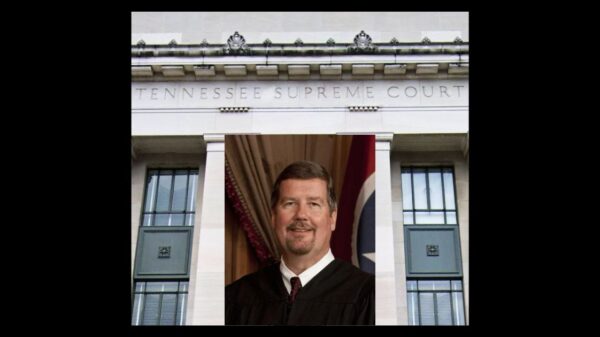NASHVILLE, Tenn. — The Knights Inn Nashville has reached a settlement with the U.S. Department of Justice to resolve allegations that it violated the Americans with Disabilities Act (ADA) by initially refusing to allow a guest with a service animal to stay at the hotel.
According to the U.S. Attorney’s Office for the Middle District of Tennessee, the incident occurred on August 15, 2024, when a guest who had reserved a room at the Knights Inn on Spring Street indicated in the reservation that she would be accompanied by a service animal. Upon arrival, hotel staff allegedly refused to check in the guest’s husband, arguing for approximately 10 minutes that the hotel did not allow animals. Only after the guest printed documentation of the animal’s registration—though not required under federal law—was the family permitted to stay.
“Service animals are vital to the health and welfare of people in our community who need them,” said Acting U.S. Attorney Robert E. McGuire. “This settlement shows that we will vigorously enforce the law to make sure that Tennesseans have equal access to facilities and not be barred because of challenges they may face.”
Animals that provide only emotional comfort or support are not deemed service animals under the ADA.
The ADA prohibits businesses open to the public from discriminating against individuals with disabilities and requires them to make reasonable accommodations, including allowing service animals.
As part of the agreement, Knights Inn Nashville will:
- Pay $4,000 to the complainant and a $2,000 civil penalty to the United States
- Post a prominent sign at the hotel stating “Service Animals Welcome”
- Implement a written ADA policy across all properties owned by the hotel’s owner
- Provide ADA training to all staff who handle guest services or reservations
The settlement does not constitute an admission of liability. Assistant U.S. Attorneys Kimberly Veirs and Ellen Bowden McIntyre handled the investigation and negotiation of the agreement.
The resolution comes as the ADA approaches its 35th anniversary, reaffirming protections for individuals with disabilities in public accommodations.














